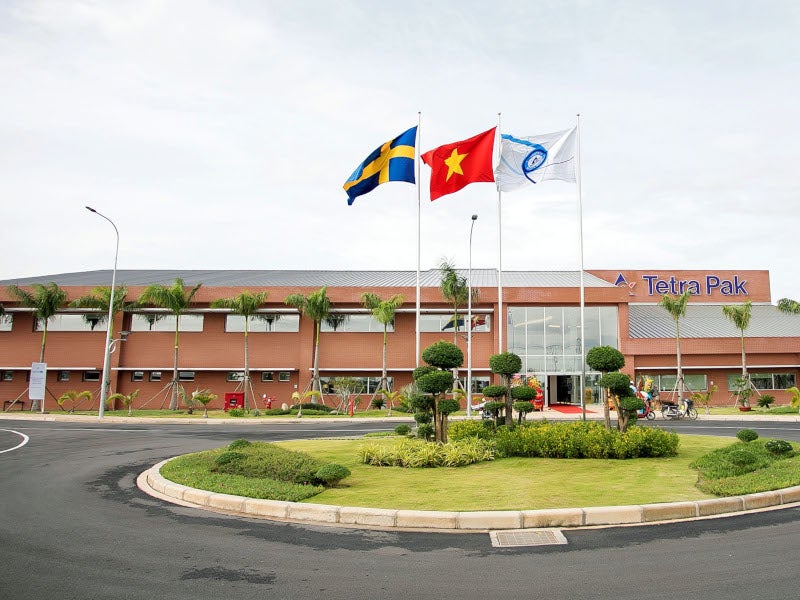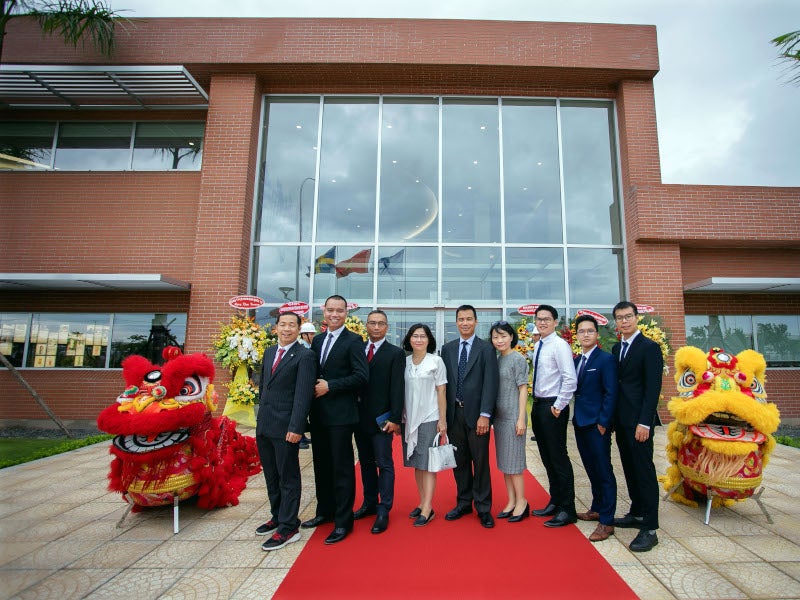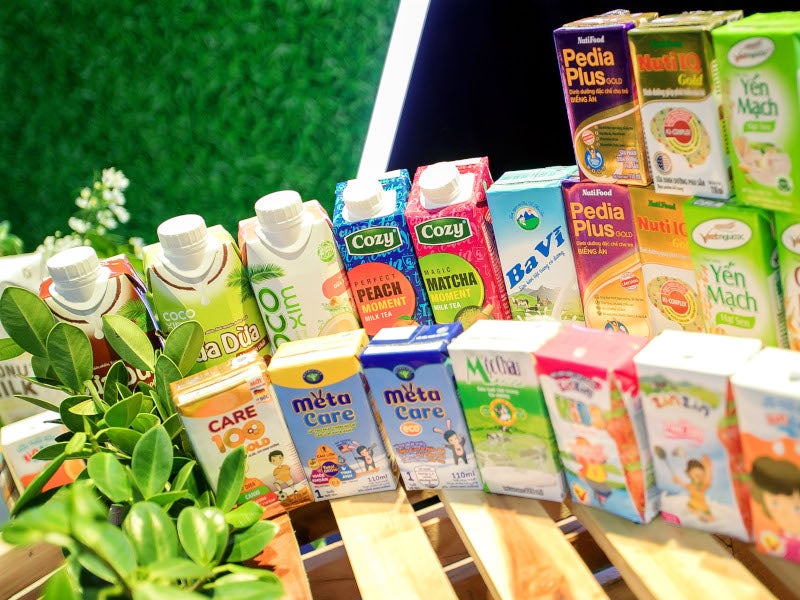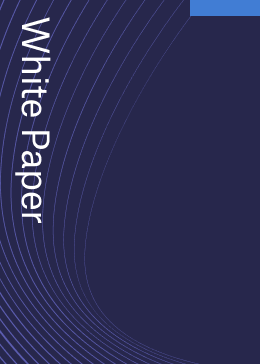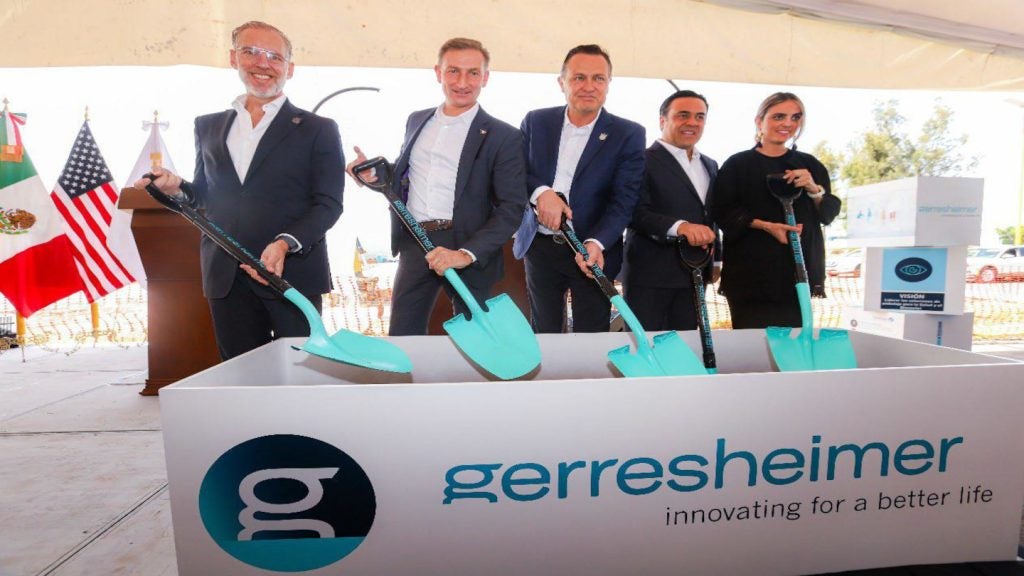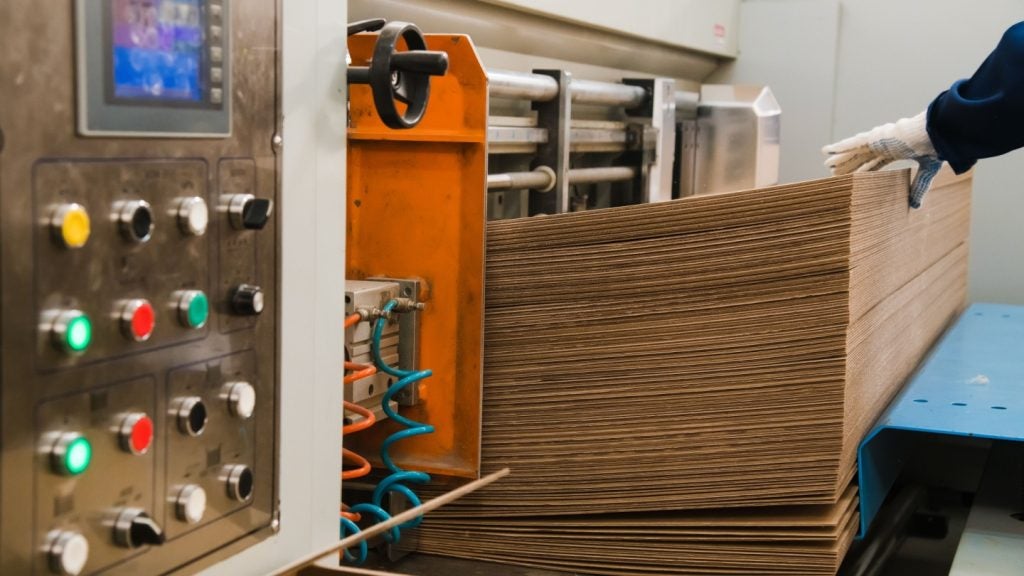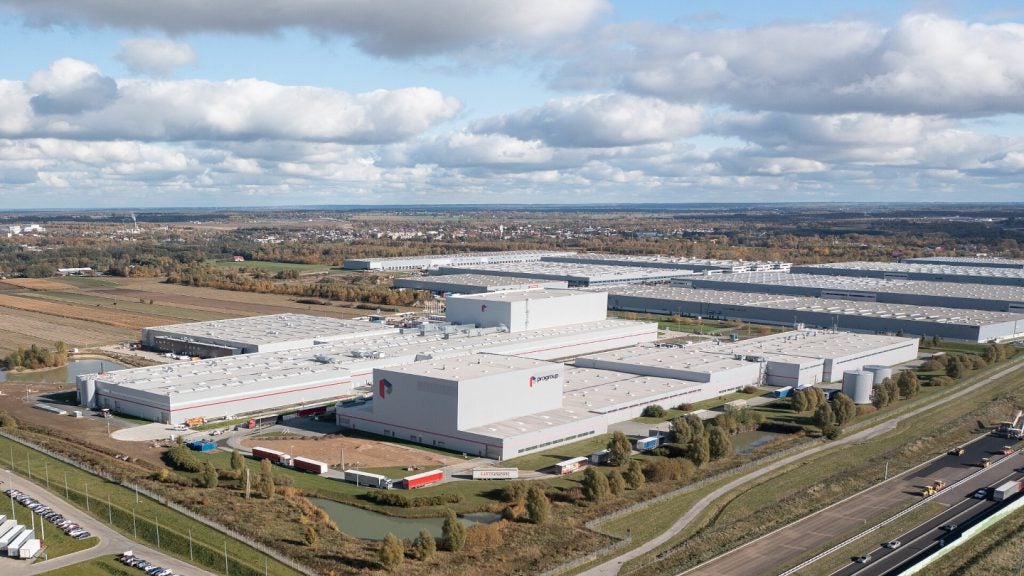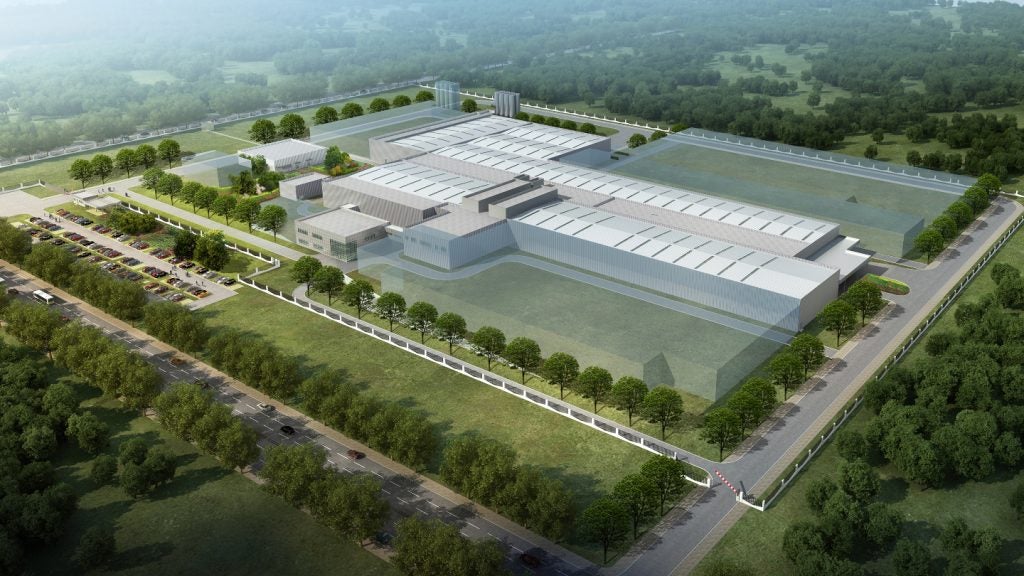Tetra Pak began commercial operations at its carton packaging material factory in Binh Duong, Vietnam, in July 2019. The factory is the first of its kind in the country and the food processing and packaging solutions supplier’s eighth in the Asia Pacific region.
The factory will produce a variety of paper-based aseptic cartons for packaging drinks and enable Tetra Pak to better serve both domestic and international customers in Australia, New Zealand and in countries of the Association of Southeast Asian Nations.
Built with an investment of €120m ($135m), the facility has generated employment for more than 200 highly skilled people.
Location of the carton packaging material factory
Tetra Pak’s carton packaging material factory is in Binh Duong province, Vietnam, at the Vietnam-Singapore Industrial Park (VSIP) II-A
The VSIP II integrated township and industrial park is spread over 2,045ha, comprising 1,345ha of industrial zone and 700ha of township. It is 32km north of Ho Chi Minh City, with easy access to the Tan Son Nhat International Airport and major sea ports such as Cat Lai Port.
Facilities and equipment at Tetra Pak’s material factory
The 100,000m² aseptic carton packaging factory consists of production and warehouse facilities, which integrate advanced technologies and superior production standards to ensure both food safety and sustainability.
The carton packaging solutions produced at the factory are made of paperboard, aluminium foil, polyethylene and printing ink. The facility is equipped with highly automated equipment for manufacturing, which improves speed and performance. The customer’s design is printed on the paperboard, with the printed material then fed into a creasing machine to obtain the desired shape. The material is subsequently laminated and cut into various sizes.
The factory has a production capacity of 12 billion paper boxes a year in the initial phase of operation. That annual figure can potentially be expanded to up to 20 billion.
Sustainability features of the Tetra Pak factory
Tetra Pak says it is implementing the most demanding environmental standards and technologically advanced manufacturing practices at the site to reduce its environmental footprint.
The facility is targeting a LEED Version 4 Gold certification. The company is implementing ISO 9001, ISO 14001, ISO 45001 and other world-class standards at the factory for quality management, environment and safety.
An innovative energy monitoring system installed at the facility tracks energy efficiency and carbon dioxide losses. The production and storage facilities are climate-controlled to ensure high-quality production.
Products made at the Tetra Pak factory
The packaging material factory produces a variety of carton packaging formats, including Tetra Brik Aseptic and Tetra Fino Aseptic.
Both of the carton packages can suitably enclose a wide range of milk and juice products, such as vegetable juice, nectar, still drinks, food, soy milk, water, liquid and non-liquid dairy products.
Tetra Brik Aseptic is available in Base Crystal, Base Leaf and Slim Leaf shapes in sizes ranging from 80ml to 2l. Tetra Fino Aseptic is available in Pillow and Ultra shapes, with eight different sizes between 70ml and 1l.
About Tetra Pak
Founded in 1951, Tetra Pak provides food processing, packaging and distribution solutions to its customers in more than 160 countries worldwide. The company has 56 production plants, 11 technical training centres, six customer innovation centres and five research and development centres.
The packaging supplier’s product portfolio comprises Tetra Brik, Tetra Brik Aseptic, Tetra Classic Aseptic, Tetra Evero Aseptic, Tetra Gemina Aseptic, Tetra Recart, Tetra Rex, Tetra Wedge Aseptic, Tetra Prisma Aseptic and Tetra Top.

